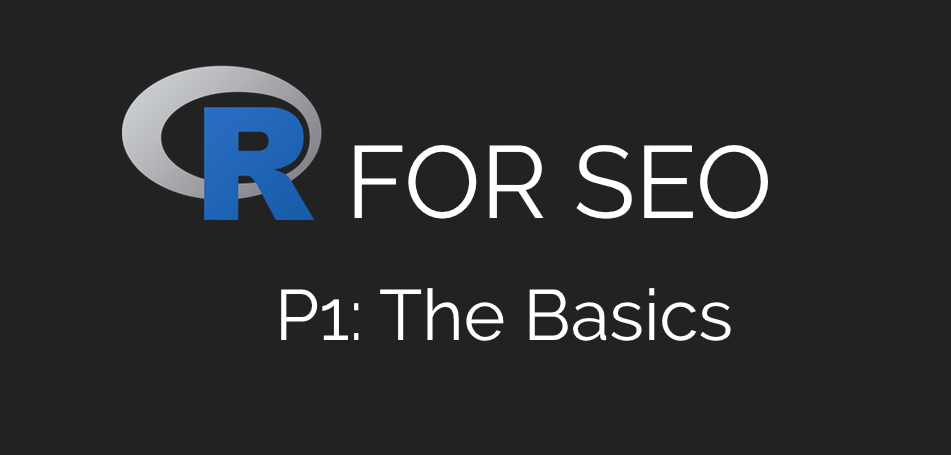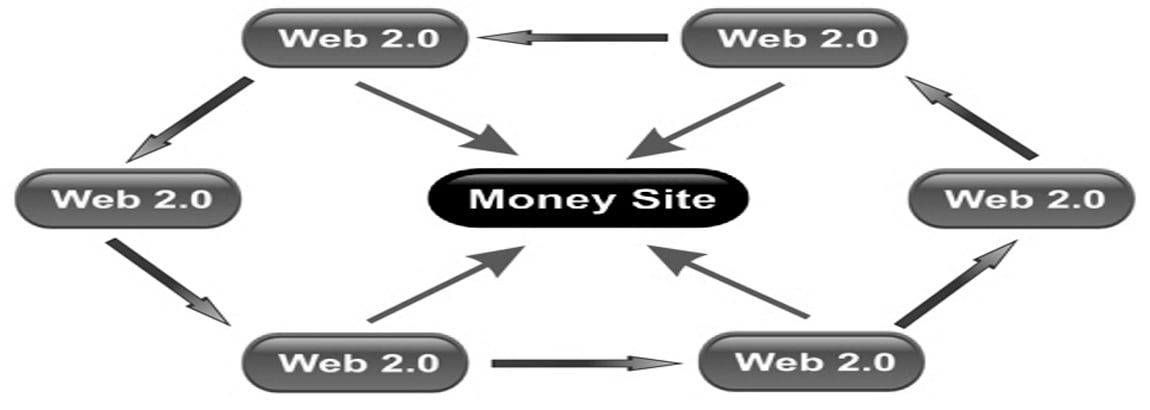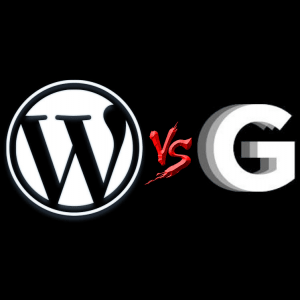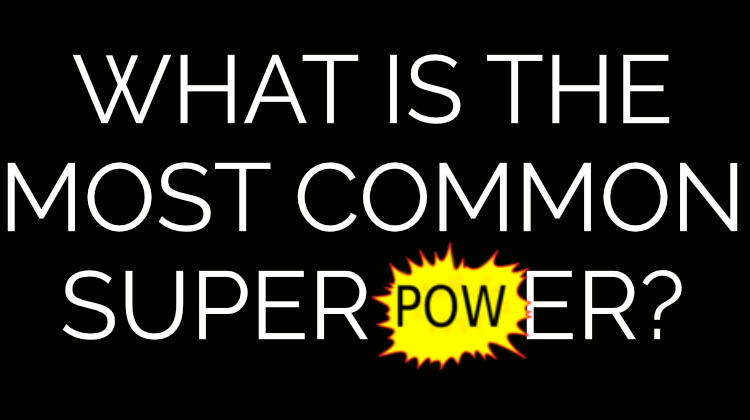Matt Cutts Admits Google Has ‘Whitelists’
Have you ever noticed how About.com, The Huffington Post and Ehow seem to come up very highly for almost any term? Ever wondered why that is? Obviously it’s because of the couple of dozen metric tons of backlinks, but in the wake of the Panda update which hit ‘content farms’ where it hurts, it has been something of a source of confusion that some of these farm-style sites have maintained their positions while others have dropped off the face of search. At today’s Spam Police panel at SMX West, Search Engine Roundtable founder, Search Engine Land contributor and all-round SEO guru Barry Schwartz asked Google’s head of webspam Matt Cutts outright as to whether or not Google has whitelists.
I haven’t seen any video or a full transcript of the event yet, although I’m sure Cutts answered in his usual thorough manner, but the answer boiled down to a ‘yes’, but an understandable one. According to Cutts, the ‘exception lists’ as Google call them are not simply a manual list revolving around ‘well I like them’ or ‘they gave us money’, but more algorithmic based. This is worth mentioning as it does not mean that there is a global Google whitelist where no site on there will ever be stung in search results, and it’s also worth mentioning that Bing follow a similar model, although according to their team, these lists are continually revised, allowing them to – hopefully – perfect the algorithm.
I’m not sure how I feel about this. On the one hand, who’s to say that the sites on these exception lists will never engage in any nefarious practises, but on the other hand, we have to think practically about this. How many sites are there out on the internet? How many searches does Google get in an hour, let alone a day? A lot, right? How long would it take for each of these sites to be manually vetted and approved? I don’t know about you, but it’s a hell of a lot longer than I’m willing to wait for search results! In this case, we have to trust that the search engine techies know what they’re doing; if nothing else, at least we know that these whitelists aren’t global and a permanent get out of penalisation card. Or at least we think we know that.
What’s your take on this? I’d love to hear from you; leave me a comment and let me know.





